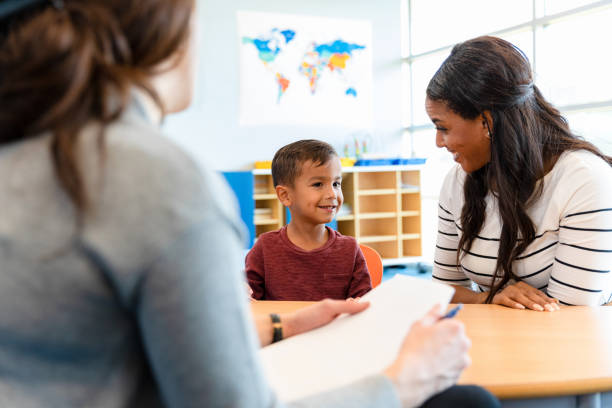Clinical Psychology

A clinical psychologist plays a crucial role in assessing, diagnosing, and treating various developmental and psychological issues and challenges faced by individuals of all ages. They address challenging behaviors, develop new skills, and improve overall functioning. They also assist individuals with various behavioral and mental health conditions, including anxiety and disruptive behaviors. Through structured interventions, behavioral therapists help children achieve positive behavioral changes and enhance their quality of life.
Early identification and intervention is important for better outcomes. Therefore, a timely assessment and diagnosis is crucial. The responsibilities of clinical psychologists may include:
- Psychometric Assessment: Clinical psychologists conduct comprehensive psychological evaluations to assess a child’s cognitive, emotional, and behavioral functioning. This may involve administering standardized tests, conducting interviews with the child and their family, and gathering information from other professionals involved in the child’s care. They conduct various assessments for IQ evaluation, Developmental Disorder, Neurological conditions, Attention issues and Hyperactivity issues (ADHD), Learning Disability, Behavioural Issues and Life Skills Assessment
- Diagnosis: Based on their assessment findings, they may diagnose various conditions such as, ADHD, autism spectrum disorder, learning disabilities and trauma-related disorders.
- Cognitive Behavioral Therapy (CBT): Clinical psychologists conduct cognitive-behavioral therapy which is a widely used and evidence-based form of psychotherapy that focuses on identifying and changing negative patterns of thinking and behavior. The core idea behind CBT is the interconnection of our feelings, thoughts, , and behaviors and how we can change the way we feel by changing our thoughts and behaviors. They develop individualized treatment plans tailored to the child’s specific needs and circumstances.
- Prevention and Education: Clinical psychologists may also be involved in providing psychoeducation and preventive interventions aimed at promoting mental health and well-being among children and families.
